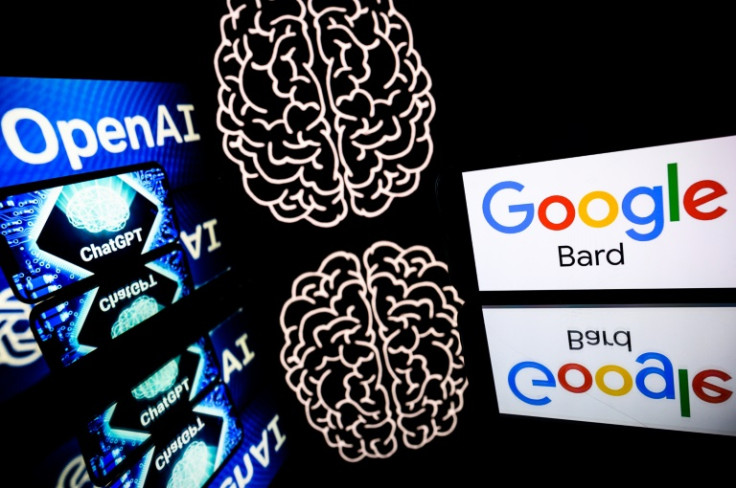
AI won't take as many jobs as expected, a new study has suggested.
While several reports have emerged recently sounding the alarm for job loss due to the impact of AI, a new study has said the damage may not be as bad as anticipated.
MIT's Computer Science and Artificial Intelligence Laboratory (CSAIL) investigated whether AI could perform tasks more efficiently than humans and whether it was cost-effective for businesses to replace human labour with AI.
The study took into consideration the broader implications of AI implementation in the labour market, and the results were somewhat surprising.
The researchers found computer vision AI can currently automate tasks that make up 1.6 per cent of worker wages in the US economy, excluding agriculture. However, only 23 per cent of those wages, equivalent to 0.4 per cent of the entire economy, would be cheaper for companies to automate instead of hiring human workers at current costs.
Contrary to these findings, Goldman Sachs estimated that AI could automate 25 per cent of the entire labour market in the next few years.
According to McKinsey, nearly half of all work will be AI-driven by 2055.
A survey from the University of Pennsylvania, NYU and Princeton finds that ChatGPT alone could impact around 80 per cent of jobs.
Additionally, a report from the outplacement firm Challenger, Gray & Christmas suggests that AI is already replacing thousands of workers.
But in their study, the MIT researchers sought to move beyond what they characterize as "task-based" comparisons and assess how feasible it is that AI will perform certain roles – and how likely businesses are to actually replace workers with AI tech.
Their results contradicted many of the other surveys carried out, showing that the majority of jobs previously identified as being at risk of AI displacement aren't, in fact, "economically beneficial" to automate – at least at present.
The key takeaway, says Neil Thompson, a research scientist at MIT CSAIL and a co-author on the study, is that the coming AI disruption might happen slower – and less dramatically – than some commentators are suggesting.
"Like much of the recent research, we find significant potential for AI to automate tasks," Thompson told TechCrunch in an email interview. "But we're able to show that many of these tasks are not yet attractive to automate."
However, it's important to note the study does have limitations.
For starters, it only looked at jobs requiring visual analysis - that is, jobs involving tasks like inspecting products for quality at the end of a manufacturing line.
The researchers didn't investigate the potential impact of text- and image-generating models, like ChatGPT and Midjourney, on workers and the economy; they left that to follow-up studies.
The study has several other restraints.
It doesn't consider cases where AI can augment rather than replace human labour, for example, analyse an athlete's golf swing or create new tasks and jobs that didn't exist before.
Finally, it doesn't factor in all the possible cost savings that can come from pre-trained models like GPT-4.
The study's findings come as The European Commission reportedly plan the creation of "AI Factories" to help boost the uptake of generative AI in strategic sectors.
According to an early draft paper, the EU executive will present a "strategic framework" on AI use by the end of January.
The document represents the first step toward an industrial policy specific to Artificial Intelligence, as countries continue to grapple with the regulatory challenges presented by the technology.
The world's first AI conference was hosted by UK Prime Minister Rishi Sunak in November last year.
The summit concluded with the signature of the Bletchley Declaration – the agreement of countries including the UK, United States and China on the "need for international action to understand and collectively manage potential risks through a new joint global effort to ensure AI is developed and deployed in a safe, responsible way for the benefit of the global community".
While regulation laws are on the up and the European Parliament is set to vote on the new AI Act deal this year, no legally binding legislation will take effect until at least 2025.







